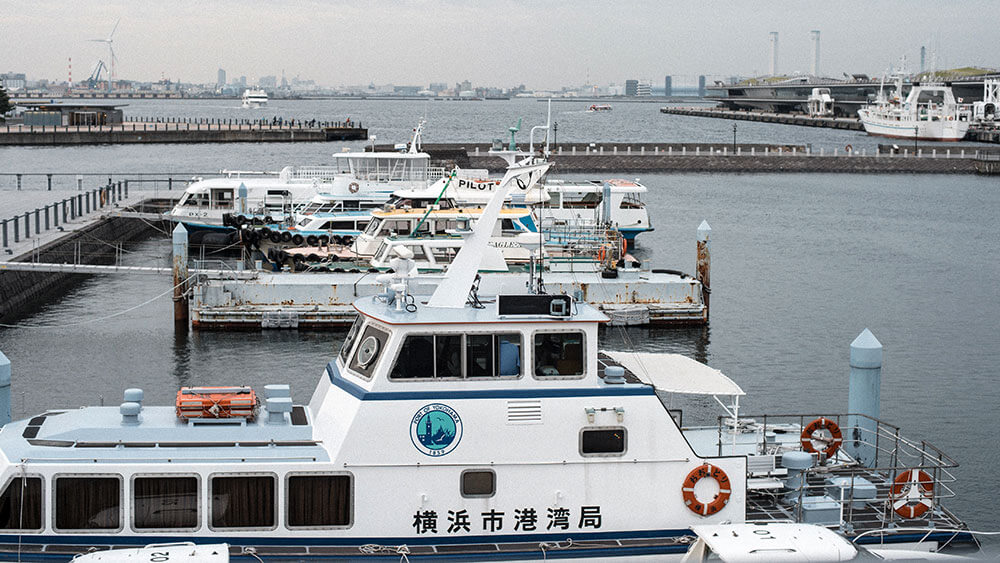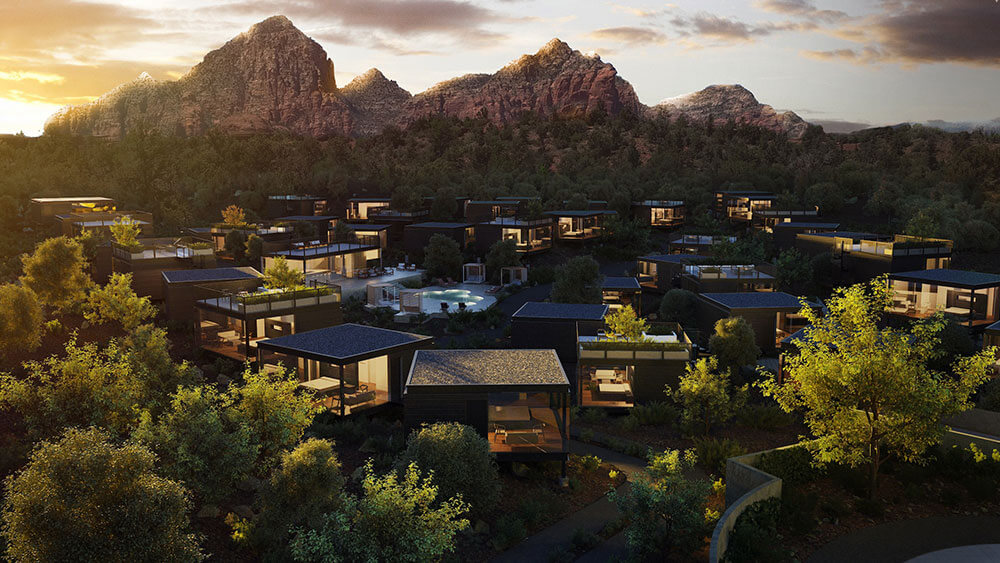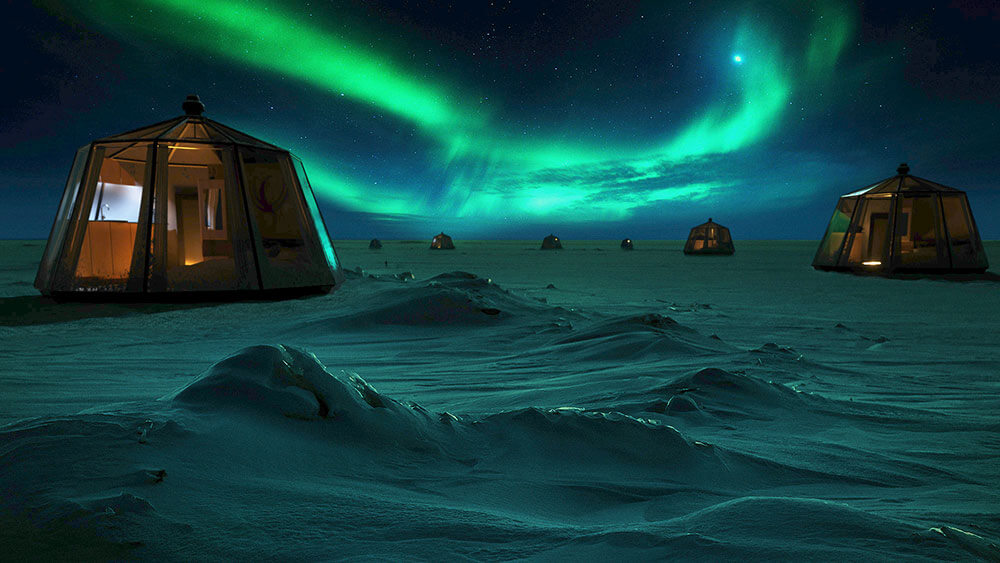Over the past year, the hotel industry has seen a number of unconventional plays, from a pop-up Taco Bell property to an all-you-can-stay buffet from Graduate Hotels to an anniversary invitation for guests to bring back room keys, robes, and pillow covers they had stashed in their bags and brought home over the years. We even saw the first plant pop-up hotel. In 2020, it seems the trend for unusual initiatives in the hospitality world will continue — starting with where some properties are cropping up.
In the Harbor

Tokyo has plans to put a cruise ship in Yokohama Port to help house the travelers expected for the 2020 Olympic Games. (Tanaphong Toochinda/Unsplash
As the world’s best athletes vie for a place on the podium in the 2020 Olympic Games, hosting those 15,000 medal-hungry competitors and the 600,000-plus expected visitors already feels like a major win for Tokyo. However, there is one big concern: Where will all those people stay? The city needs approximately 14,000 additional rooms to accommodate the influx of visitors. Since building that many rooms in the next eight months is impossible, Tokyo will turn to its shores for the answer. The city has plans to park a cruise ship at Yokohama Port to offer additional lodging, and rooms will run between $270 and $2,700 per night. If you’re aiming for the low end of that price range, do not expect a view. While traditional Japanese regulations dictate that hotel rooms must have windows, they updated that policy to offer a windowless option during major events.
The Olympics Games isn’t the first major event to embrace a cruise ship as a lodging provider. Dreamforce, the annual Salesforce mega-event, made the same move in 2015.
In Camouflage

Ambiente’s “landscape hotel,” designed to blend in with its Sedona, Arizona, surroundings, is set to open in December 2020. (Courtesy Ambiente)
After earning the fourth spot on U.S. News & World Report’s Best Small Towns to Visit in the U.S. list, it’s no surprise that a developer wants to give guests more options to stay in Sedona, Arizona. Ambiente, a 2020 addition to the city’s supply, will not be rising stories high above the desert. Billed as “a first of its kind in North America,” Ambiente is a “Landscape Hotel,” a property designed to blend in with the surroundings that uses sustainable building practices to minimize the impact on the environment. Forget the standard building with a lobby and in-your-face branded signage; the project includes 40 cube-shaped atriums with floor-to-ceiling, bronze-tinted glass that reflects the desert around it to create mirrored silhouettes in the evening. The property, which opens toward the end of next year, blurs the lines between the external and internal environment. According to its website, Ambiente’s construction around Sedona’s natural vegetation and topography involved each atrium being “individually hand-placed at very specific angles,” thereby maximizing guests’ views.
In the Arctic

The North Pole Igloos hotel is set to open in 2020 to “create a more comfortable way to experience the North Pole as it is,” says Janne Honkanen, founder of Luxury Action. (Courtesy Luxury Action)
For guests who appreciate an environment a bit colder — okay, a lot colder — than Sedona, the North Pole Igloos hotel may be the right fit. Janne Honkanen, founder of Luxury Action, the company that will be building 10 heated domes at the northernmost point on Earth, told CNN that he “wanted to create a more comfortable way to experience the North Pole as it is, by bringing cozy facilities to extreme conditions.” (Luxury Action already operates the exclusive Octola in the Nordic region of Lapland.) While flying people via helicopter to the frontlines of the climate crisis may raise some eyebrows, Honkanen said that the pop-up hotel is a “purely sustainable experience.” It may not be sustainable for your budget, though. The package deal, which includes meals, a two-night stay in the Arctic frontier town of Svalbard, travel to and from the North Pole, and a one-night stay in one of those igloos, comes with a price tag of around $116,000 per person. Perhaps that might be worth the cost of admission if a trip to Santa Claus’ workshop is part of the experience.
Interested in learning about where more standard properties will be opening in 2020? Check out Convene’s 2020 Events Industry Forecast for a preview of what’s in store for the hospitality industry in the new year. And if you’re interested in how many of your attendees will plan on booking in your hotel block, mark your calendar for Convening Leaders 2020 to get the first glimpse of the Phase 2 findings from PCMA’s room block research.
David McMillin is an associate editor at Convene.
